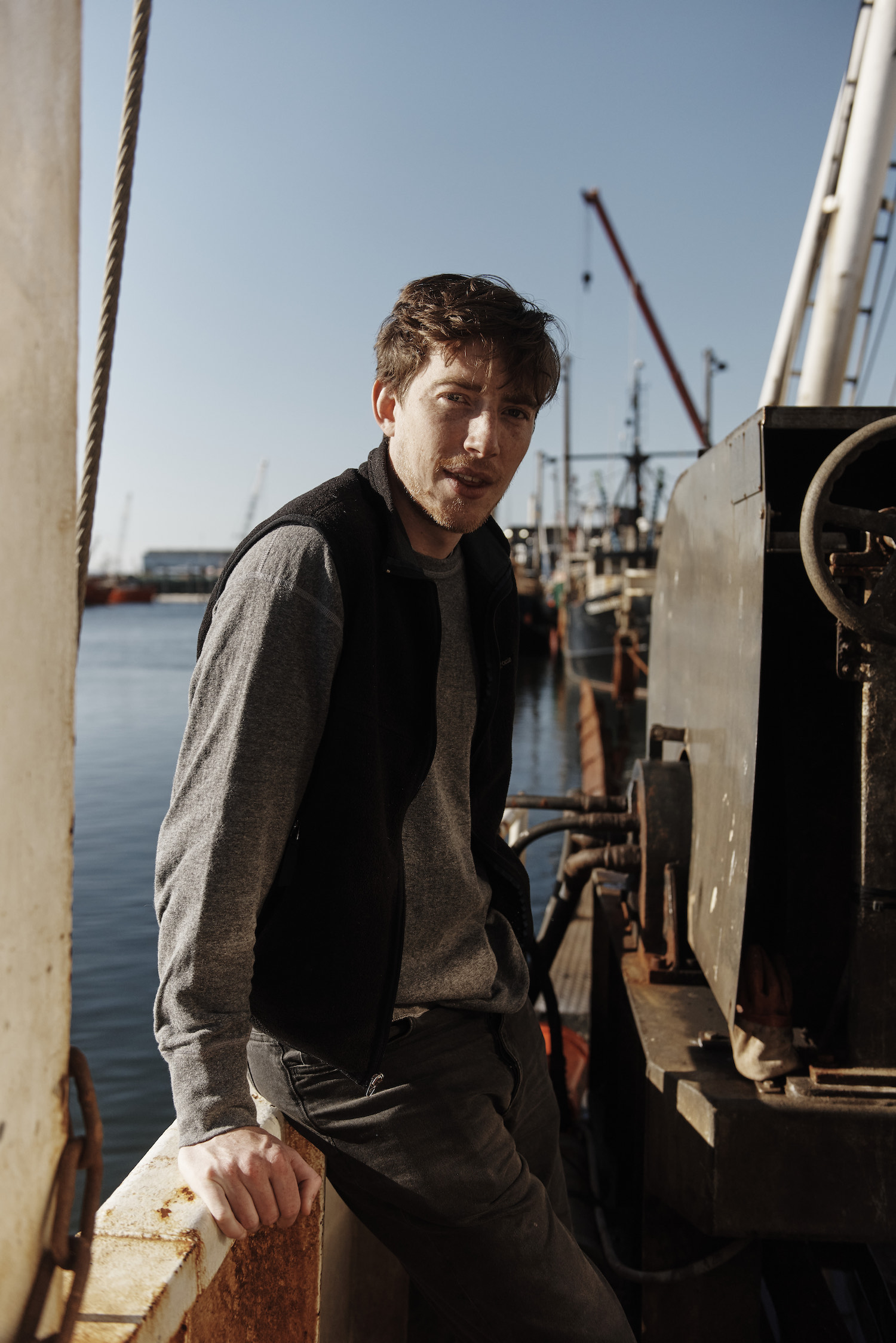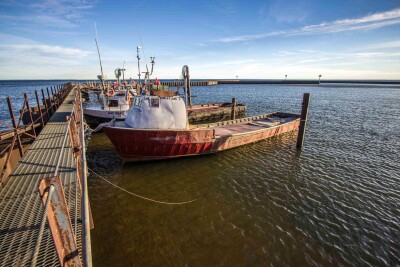On July 6, the New Bedford Light published an investigative report by Will Sennott and researchers from the news organization ProPublica on how private equity capital is taking over the commercial fishing industry in New Bedford, Mass., and elsewhere.
Sennott, a 25-year-old reporter assigned to the fishing beat in New Bedford, had heard bits and pieces around the docks that caught his interest, but he didn’t realize the extent of the problem until he started digging.
“It was a surprise to find that one Dutch family owned so much of New Bedford’s fisheries,” says Sennott, who reports that Blue Harvest, a company associated with the Brenninkmeijer family of the Netherlands, holds a verifiable 12 percent of fishing rights in New Bedford and leases enough to likely put it over the 15.5 percent anti-trust limit.
Sennott notes that his, and his editor’s, interest in the story stems from the origins of the New Bedford Light, a free newspaper in the number-one money making port in the U.S.
“The Standard-Times (newspaper) served New Bedford for years, then Gannett bought it and gutted it so that it could no longer serve the community, so a group of journalists and people from the Standard- Times started the New Bedford Light. Seeing what corporate greed did in the newspaper industry, we don’t want to see that happen to the industry that is the backbone of this community.”
What really shocked Sennott as he uncovered the story, was the realization that the system is made to work like this.
“The way it’s laid out this is the only thing that can happen, one company ends up owning it all. Then I ask, why is the system set up this way?”
Reaction to Sennott’s story has been strong and positive. Already, three U.S. senators from New England have stepped up and are calling for stronger rules and more oversight of antitrust laws to prevent foreign ownership of a valuable US industry.
But for many the story is no surprise.
“This is nothing new,” says Seth Macinko, a professor emeritus at the University of Rhode Island. “I gave a talk in Denmark 10 years ago called, When Wall Street Goes fishing. We knew this was coming. Rights based fishing was essentially dead in New England. Then in 2010 it was rejuvenated by the push for sectors in New England, with Environmental Defense [a conservation group mentioned by Sennott] doing a lot of the pushing with a $2 million grant from Walton Family Foundation.”
Macinko recalls well-intentioned efforts to buy quota and lease it at lower rates to small scale fishermen.
“They failed because Wall Street doesn’t work that way,” he says.
As a reporter just beginning his career, Sennott has the tiger by the tail and he’s going to hang on.
“This is not a one-and-done story,” he says. “The fishing industry is too important to New Bedford. I’m going to find out more and write more about this.”







